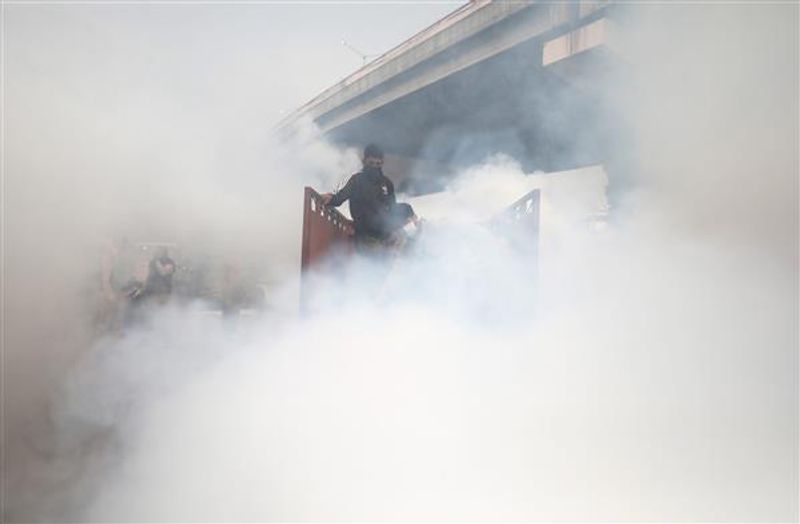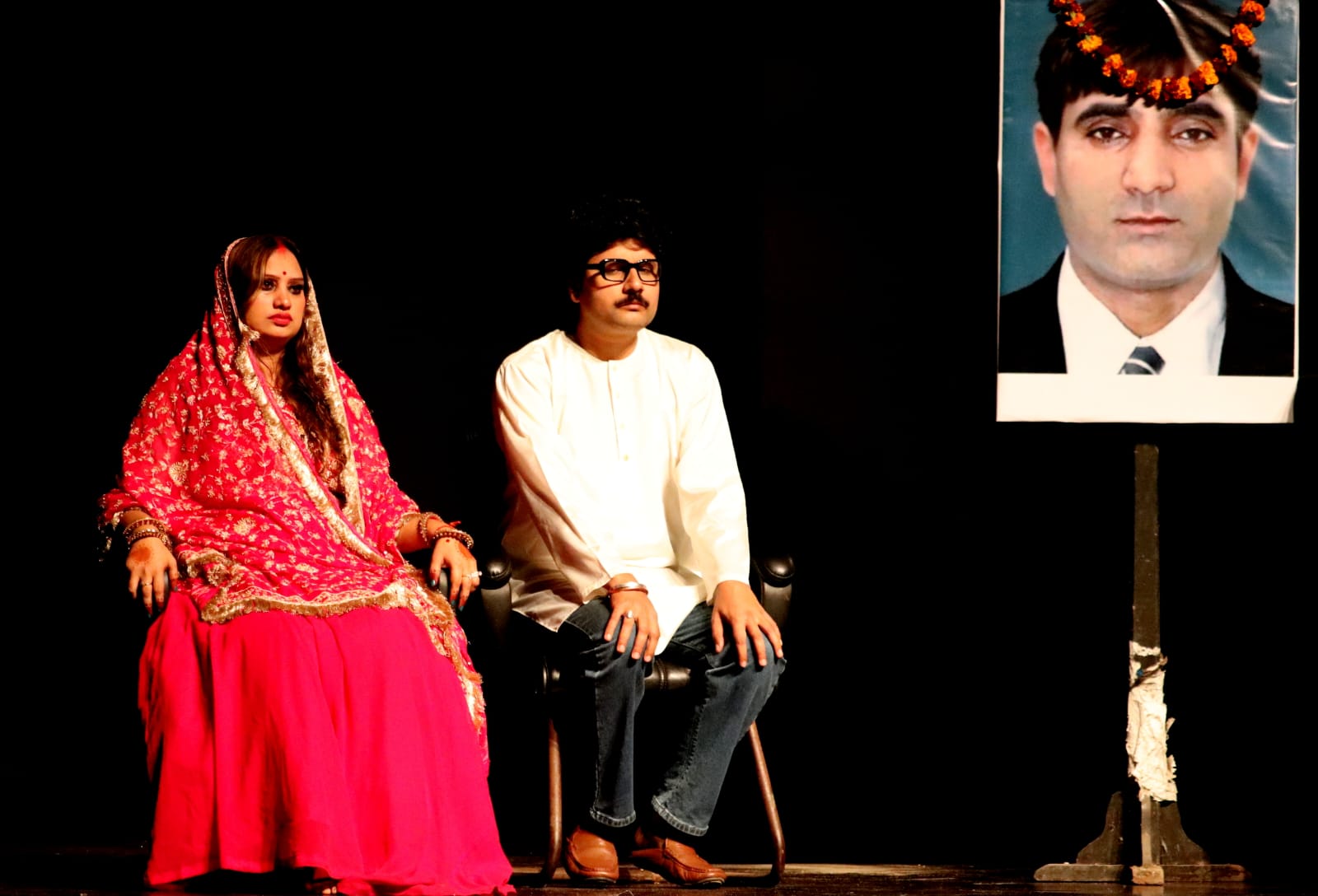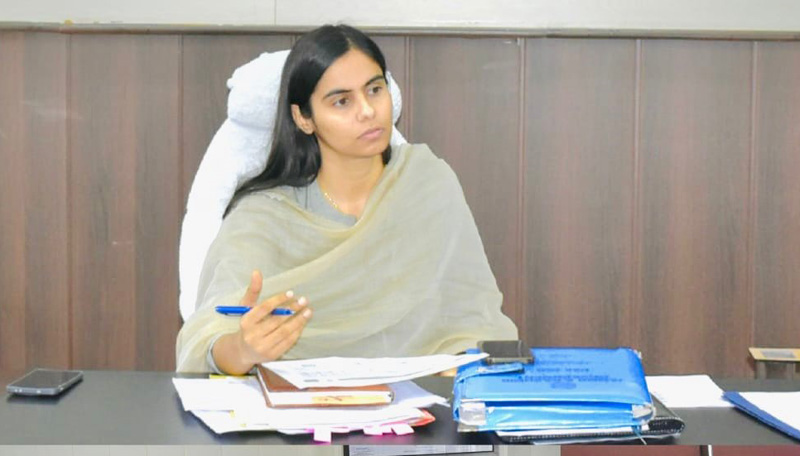Jammu: Authorities Step Up Fogging Operations Amid Dengue, Malaria Threat
Jammu: Following recent floods, authorities in Jammu have intensified fogging operations across municipal and non-municipal areas as part of post-flood sanitation drives to combat the rising threat of dengue and malaria.
The Jammu Municipal Corporation (JMC) and the State Malariologist Office of the Jammu Health Department have jointly launched extensive fogging and spraying campaigns in flood-affected zones to curb water- and vector-borne diseases.
Dhruv Ji Raina, Malariologist with the Jammu Health Department, told reporters here that while dengue cases are lower than last year, proactive measures are being taken to prevent an outbreak. He noted that as of September 14, 2025, Jammu and Kashmir reported 437 dengue cases, with Jammu district accounting for the highest at 147. In comparison, the same period in 2024 saw 677 cases, including 377 in Jammu.
Dr. Raina added that the Health Department and JMC are closely monitoring the situation and following strict guidelines to limit the spread of dengue and other vector-borne diseases in flood-affected areas. This year, the case distribution across districts is as follows: Jammu 147, Kathua 130, Samba 51, Udhampur 47, Rajouri 27, Reasi 9, Ramban and Kashmir 8 each, Doda 6, and Poonch 4.
He emphasized the importance of community participation, urging residents to eliminate stagnant water, avoid plastic dumping, and regularly clean water storage containers. JMC and the Health Department have already released a detailed fogging and spraying schedule.
Tragically, dengue claimed the life of an adult male from Rehari locality on June 29 while he was being transferred to a neighboring state. Over 9,000 dengue tests have been conducted across Jammu and Kashmir this year, compared to 8,500 during the same period in 2024, which confirmed 539 cases.
Two rounds of fogging have been completed: the first in June-July and the second from September 2 to 12. The third round began on September 13, targeting both residential and commercial areas.
JMC Commissioner Dr. Devansh Yadav appealed to the public to remain vigilant and adopt preventive measures, warning that flood-hit regions are highly vulnerable to mosquito-borne diseases like dengue and chikungunya. He advised residents to ensure safe drinking water and remove stagnant water from rooftops, courtyards, and drains to prevent mosquito breeding.
To assist the public, the Health Department has activated the 104 helpline for guidance and health-related queries, while JMC continues to intensify fogging and spraying across all wards to reduce the risk of vector-borne diseases.













